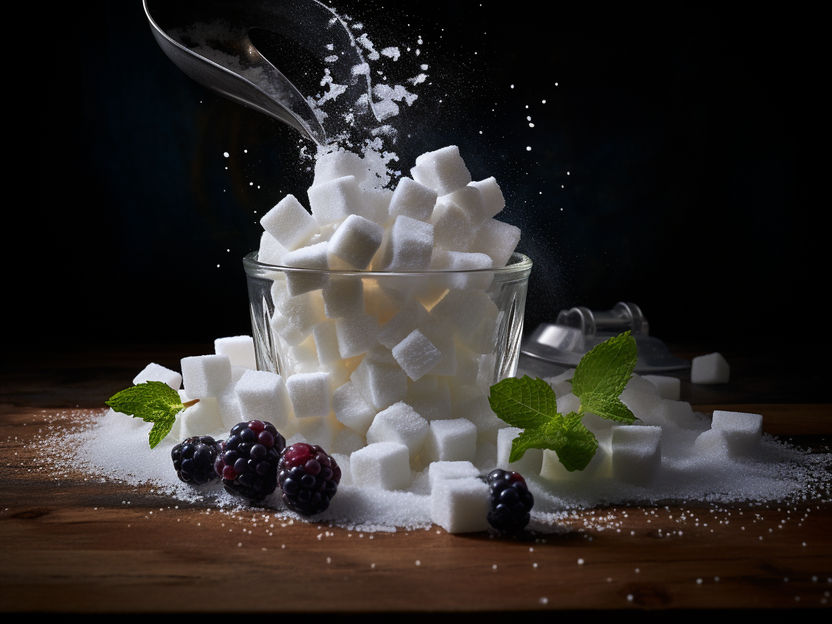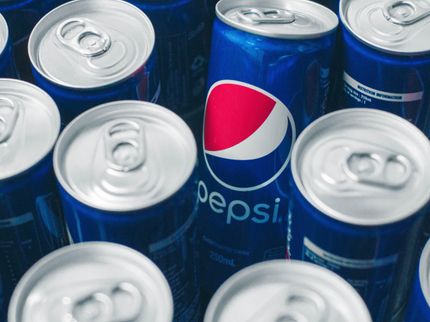Does low fat also mean less sugar?
Study shows how easily consumers can be mistaken
Advertisement
The "low-fat" label on food can do more harm than good to manufacturers and consumers. According to a new study by Martin Luther University Halle-Wittenberg (MLU), if manufacturers advertise their products as low-fat, many consumers assume that they also contain less sugar. However, the sugar content of many low-fat products does not differ greatly from that of other products. Many of those surveyed in the study felt deceived by this and said they would buy these products less. The work appeared in the journal Food Quality and Preference.

Symbol image
computer genereated picture
The researchers conducted three experiments to examine the influence of cues on yogurt packaging on perceptions and purchasing behavior. A total of 760 people from the United States participated in the online experiments. They were asked to rate the calorie content, sugar content and fat content on a seven-point scale. They were also asked to indicate whether they would buy the product. "We wanted to find out whether references to a reduced fat content change the overall impression of a product," says economist and study leader PD Dr. Steffen Jahn of MLU.
The results show: Respondents mostly correctly assessed the lower calorie content of low-fat yogurt. At the same time, however, they also believed that the yogurt contained less sugar than the yogurt without this information. In the second and third experiments, some of the respondents were shown the low-fat product again with the actual nutritional information on the front after the first run. This group corrected their opinion on the sugar content. At the same time, their willingness to buy decreased, even though the low-fat yogurt contained fewer calories. A comparison group was presented with low-fat products directly with the nutritional information on the front of the package, and their purchase intention did not change.
"Many people want to eat healthily but fail to do so for a variety of reasons. The information on food packaging also plays a role in this, as it can distort consumers' perceptions," Jahn said. Some manufacturers are taking advantage of this effect, he said: In Australia, a cake mix was advertised as "97 percent fat-free," which at the same time consisted of 55 percent sugar.
"Our study shows that consumers can feel deceived by a product even though manufacturer claims such as 'low fat' are strictly true, but at the same time mask part of the truth," Jahn concludes. Manufacturers should reconsider this practice if they want to retain their customers in the long term, says the researcher. One possibility, he says, is to indicate the nutritional values of the products directly on the front.
Note: This article has been translated using a computer system without human intervention. LUMITOS offers these automatic translations to present a wider range of current news. Since this article has been translated with automatic translation, it is possible that it contains errors in vocabulary, syntax or grammar. The original article in German can be found here.



























































